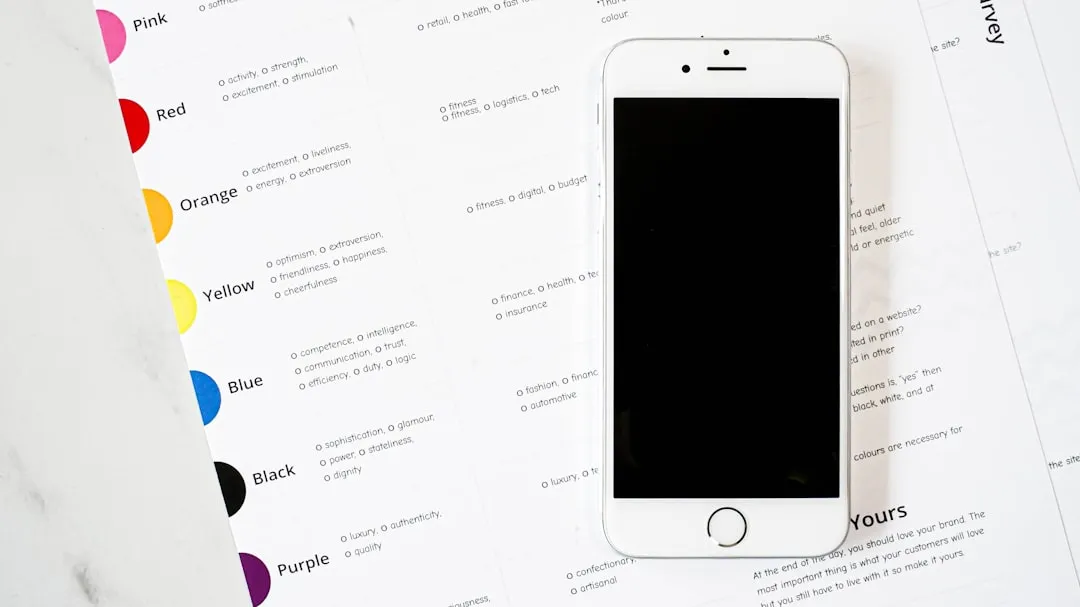Reviewed by Julianne Ngirngir
You're rushing to an important meeting, frantically searching for your keys while juggling coffee and trying to remember if you locked the back door. Instead of fumbling with clunky voice commands, imagine telling Siri exactly what's happening and watching it seamlessly coordinate your smart lock, Maps navigation, and calendar—all while understanding the chaos of your morning routine.
That future might be closer than you think, but it's not arriving anytime soon. Apple is testing iOS 26.4 internally with major Siri overhauls planned for spring 2026, and Bloomberg reports the company has set an internal release target. Meanwhile, iOS 18 adoption has reached 68% of all iPhones, showing users are hungry for meaningful AI improvements.
What you need to know:
Major Siri redesign: Apple is targeting March 2026 for AI-powered Siri with personal context and on-screen awareness
iOS 26 already in testing: The update introduces Liquid Glass design and enhanced battery management via Adaptive Power Mode
The waiting game: Technical hurdles pushed features from iOS 18.4 to iOS 26.4, with error rates hitting 33% in testing
The long road to smarter Siri: what's taking so long?
Here's the kicker: Apple promised these game-changing Siri features back at WWDC 2024, but we're still waiting. The company first unveiled enhanced Siri capabilities during WWDC 2024, heavily promoting them in iPhone 16 marketing materials. But according to research, Apple's hybrid system frequently failed in testing with error rates climbing around 33 percent.
The technical challenges run deep. Apple's engineers struggled with merging legacy Siri architecture with new AI-powered features—imagine trying to retrofit a Tesla brain into a 1990s computer. This wasn't just about incompatible systems. When error rates hit 33%, Apple discovered their entire architectural approach needed rebuilding from the ground up. These setbacks led to internal leadership changes, including reassigning John Giannandrea, Apple's AI chief, away from consumer products like Siri.
Having analyzed Apple's AI architecture since the original Siri acquisition in 2010, this delay follows Apple's typical "get it right" pattern—but the stakes are higher now. Google Assistant has made significant advances in contextual understanding, and users watching competitors evolve are growing increasingly impatient with Siri's current limitations.
What iOS 26.4 means for your daily iPhone experience
When iOS 26.4 finally arrives, the changes should be dramatic. The new Siri will offer improved contextual understanding and the ability to carry out complex, multi-step tasks based on on-screen content. Think less "Hey Siri, what's the weather?" and more "Hey Siri, reschedule my 3pm meeting because this restaurant reservation is running late, and text my team that I'll join the call from my phone."
The broader iOS 26 foundation is already impressive. Apple jumped directly to iOS 26 using a year-based naming system that aligns with actual usage throughout 2026. The update brings VisionOS-inspired design with "living glass" interface elements that respond to how you move your phone with gentle shimmer effects.
For practical daily benefits, iOS 26 supports iPhone 11 and newer models, though some advanced AI features require iPhone 15 Pro or newer with A17 Pro chips. While these hardware requirements might sound restrictive, they enable the contextual awareness that makes those complex scenarios possible. Battery life gets a boost through AI-powered battery management that intelligently analyzes usage patterns, automatically adjusting performance to extend your device's endurance throughout the day.
The bigger picture: Apple's AI strategy beyond Siri
Apple isn't just rebuilding Siri—they're crafting an entire AI ecosystem. Reports indicate a separate "Knowledge" chatbot project led by former Siri head Robby Walker, plus a third initiative nicknamed Siri-Copilot for always-on digital assistance.
The strategy makes sense when you consider adoption patterns. Tim Cook noted that iOS 18.1 was adopted at twice the rate of iOS 17.1, suggesting users are eager for meaningful AI improvements. This rapid adoption creates a massive user base for Apple's AI experiments, essentially reducing the risk of their parallel development strategy. Current iOS 18 runs on 68% of all compatible iPhones, providing a solid foundation for the iOS 26.4 rollout and giving Apple confidence that users will embrace these advanced features when they arrive.
PRO TIP: If you're planning to upgrade specifically for the new Siri features, make sure your iPhone supports Apple Intelligence. Only iPhone 15 Pro models and all iPhone 16 variants will get the full experience.
What this means for your upgrade timeline
Sound familiar? Apple promises revolutionary features, then takes longer than expected to deliver them properly. But here's the thing—when Apple finally ships these delayed features, they usually work as advertised.
This delay pattern mirrors what I've observed with other major platform overhauls like iOS 7's complete visual redesign or the original Apple Intelligence rollout. Apple confirmed that first models with enhanced features arrive in 2024 for other initiatives like CarPlay, proving the company can execute complex rollouts when the technology is truly ready. The iOS 26 Developer Beta launched at WWDC on June 9, 2025, with public beta expected in July and full release in fall 2025.
For now, iOS 26.4 represents Apple's chance to finally deliver on those ambitious Siri promises from 2024. Whether it'll be worth the nearly two-year wait remains to be seen, but if Apple's track record with major updates tells us anything, it's that good things come to those who wait—even if that wait feels painfully long.
The question isn't whether Apple will eventually nail the AI assistant experience. It's whether they can do it before users lose patience and jump ship to competitors who are moving faster—like Google's recent advances in Assistant's contextual understanding or Amazon's expanding Alexa capabilities—even if those competitors aren't necessarily moving better.

























Comments
Be the first, drop a comment!